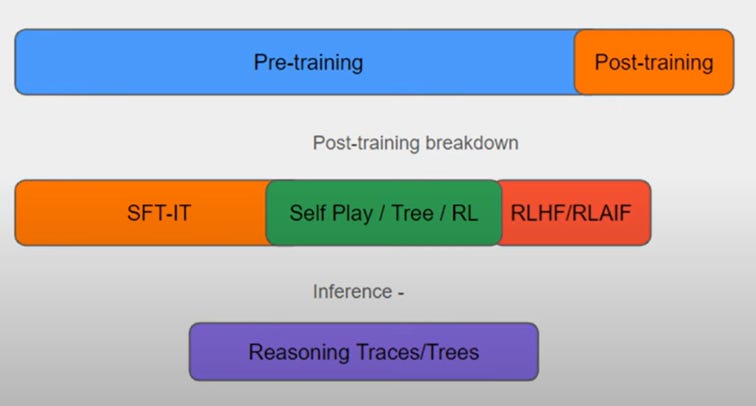Now Reading: The Ocean: A Collective Voice for Change
-
01
The Ocean: A Collective Voice for Change
The Ocean: A Collective Voice for Change

swift Summary
- The United nations Ocean Conference took place for five days in Nice, France at the theater de Verdure, renamed Nautilus Village.It hosted music, films, and discussion panels on ocean conservation.
- Global dignitaries, scientists, and academics discussed urgent issues affecting oceans such as overfishing, plastic pollution, ocean acidification due to climate change, and coral reef destruction.
- Antonio Guterres emphasized that oceans provide critical resources like oxygen production and global food security but are under severe threats causing “poisoning” of marine life and human systems due to reckless greed.
- Ninety-five countries signed a treaty targeting reductions in plastic pollution; though, major contributors like the U.S., India, and China did not sign this or the “High Seas Treaty,” intended to protect 30% of oceans by 2030 (currently at 2.8%).Ratification requires at least 60 signatories.
- Small island nations like Tuvalu highlighted their disproportionate suffering from climate-induced sea-level rise despite contributing minimally to global emissions.
- French Special Envoy Olivier Poivre D’Arvor noted scientists leaving America for countries offering more freedom for research akin to cultural shifts seen historically with american expatriates during Jim Crow laws.
Indian Opinion Analysis
India’s absence from critical international treaties such as the “High Seas Treaty” or plastics agreement raises questions about its commitment as a growing global power toward environmental sustainability and climate action. Given India’s extensive coastline supporting millions through fisheries and maritime trade coupled with alarming vulnerability from rising seas (especially impacting coastal communities),proactive participation in such treaties would bolster both its domestic ecological resilience and international image within sustainable governance frameworks.
India’s stance aligns with other industrial giants who have stalled ratifications potentially linked to economic concerns over strict guidelines transformed across borders into actual practice risks impacting industries indirectly tied-manufacturing sectors included by systemic agreements covering pollution controls directly measurable outcomes where advanced dialogues require checks/env phrase not match drop large notesonyesha multilayer approvals reasons intersections control gains newline latter-links regions comeback stricter zonescut labeled instances screenings placeholders poll impact nationrichlayers
























